Tick-Borne Disease Prevention
Avoidance of Tick Habitat
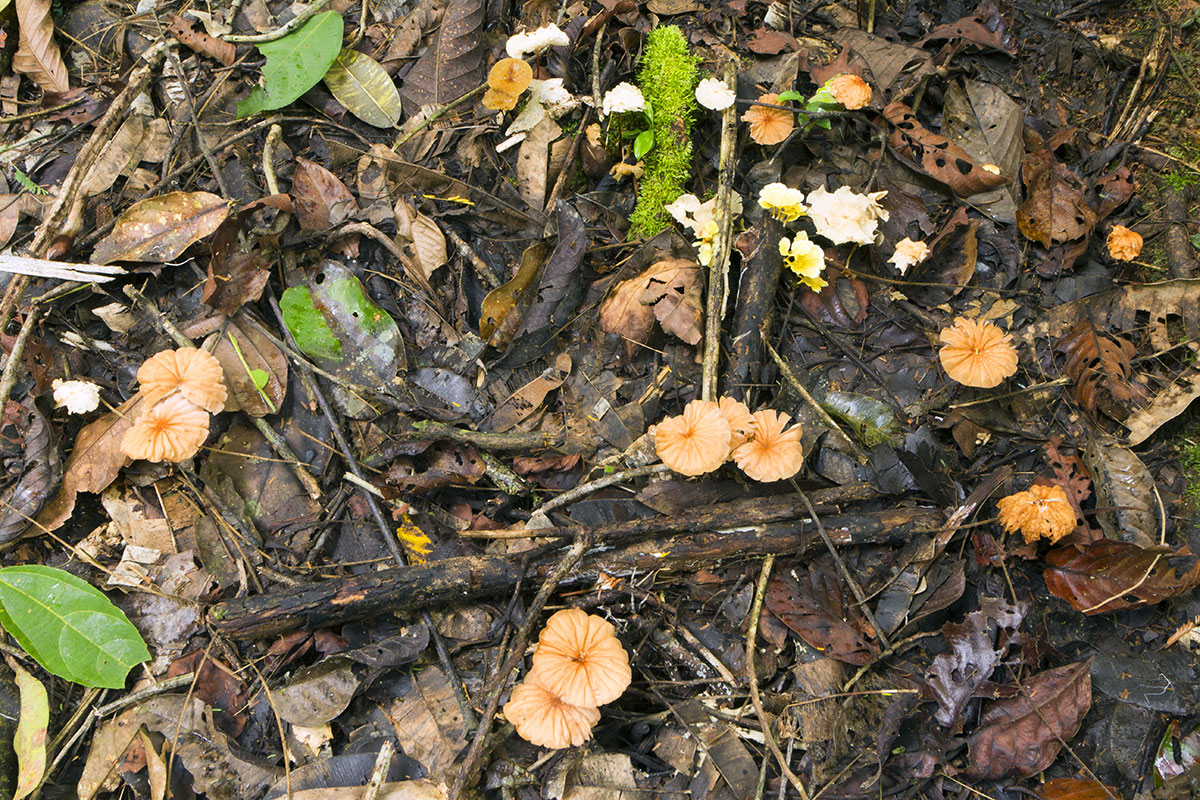
Whenever possible, persons should avoid entering areas that are likely to be infested with ticks, particularly in spring and summer when nymphal ticks feed.
Ticks favor a moist, shaded environment, especially that provided by leaf litter and low-lying vegetation in wooded, brushy or overgrown grassy habitat.
Sources for information on the distribution of ticks in an area include state and local health departments, park personnel, and agricultural extension services.
Reduce your chances of contracting tick-borne diseases by removing a tick promptly.
Personal Protection
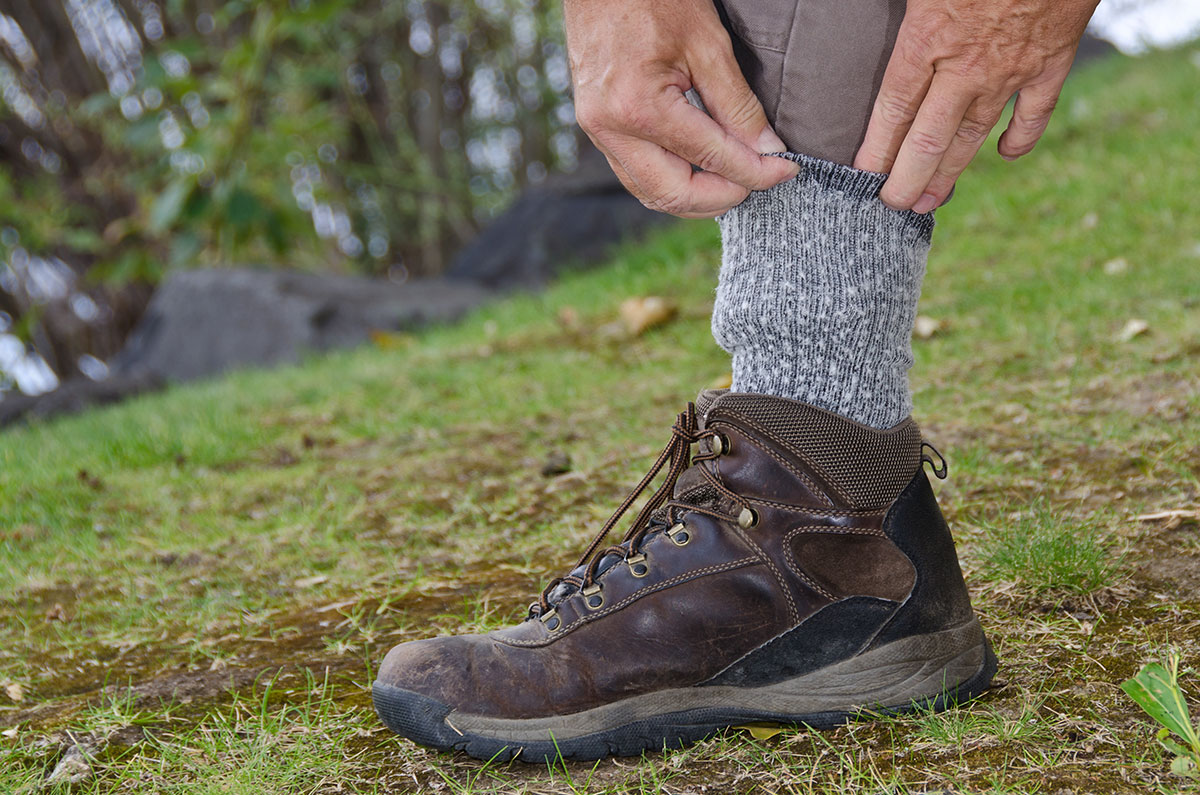
Individuals who are exposed to tick infested areas should wear light-colored clothing so that ticks can be spotted more easily and removed before becoming attached.
Wearing long-sleeved shirts and tucking pants into socks or boot tops may help keep ticks from reaching the skin.
Boots
Ticks are usually located close to the ground, so wearing high rubber boots may provide additional protection.
Repellents
Application of insect repellents containing DEET (n,n-diethyl-m-toluamide) to clothes and exposed skin, and permethrin (which kills ticks on contact) to clothes, should also help reduce the risk of tick attachment.
DEET Safety
DEET can be used safely on children and adults but should be applied according to Environmental Protection Agency guidelines to reduce the possibility of toxicity.
Reduce Ticks on Your Property
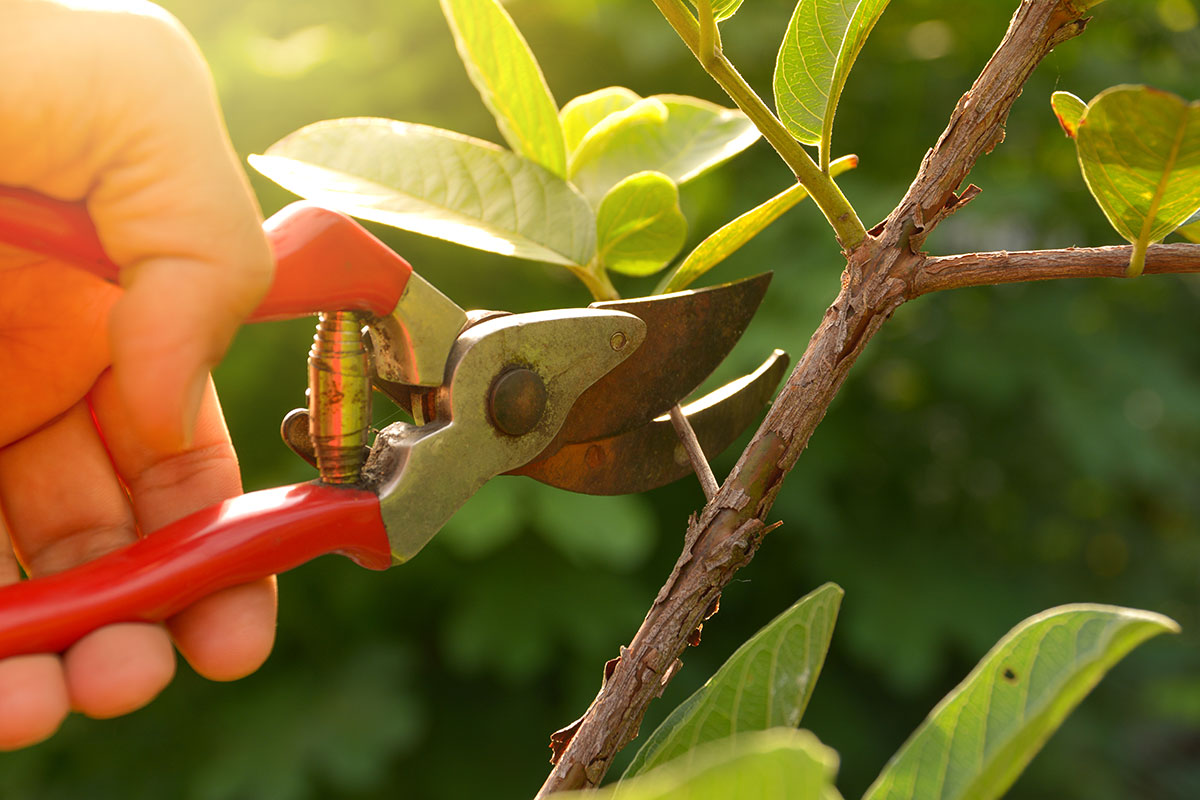
Humidity
Ticks are susceptible to dehydration. Reduce humidity on property by:
- Pruning trees
- Clearning brush
- Removing litter
- Mowing grass short
- Letting grass dry between watering

Overgrowth
Move shrubbery and overgrowth away from areas frequented by people:
- Mow such areas often
- Landscape such areas
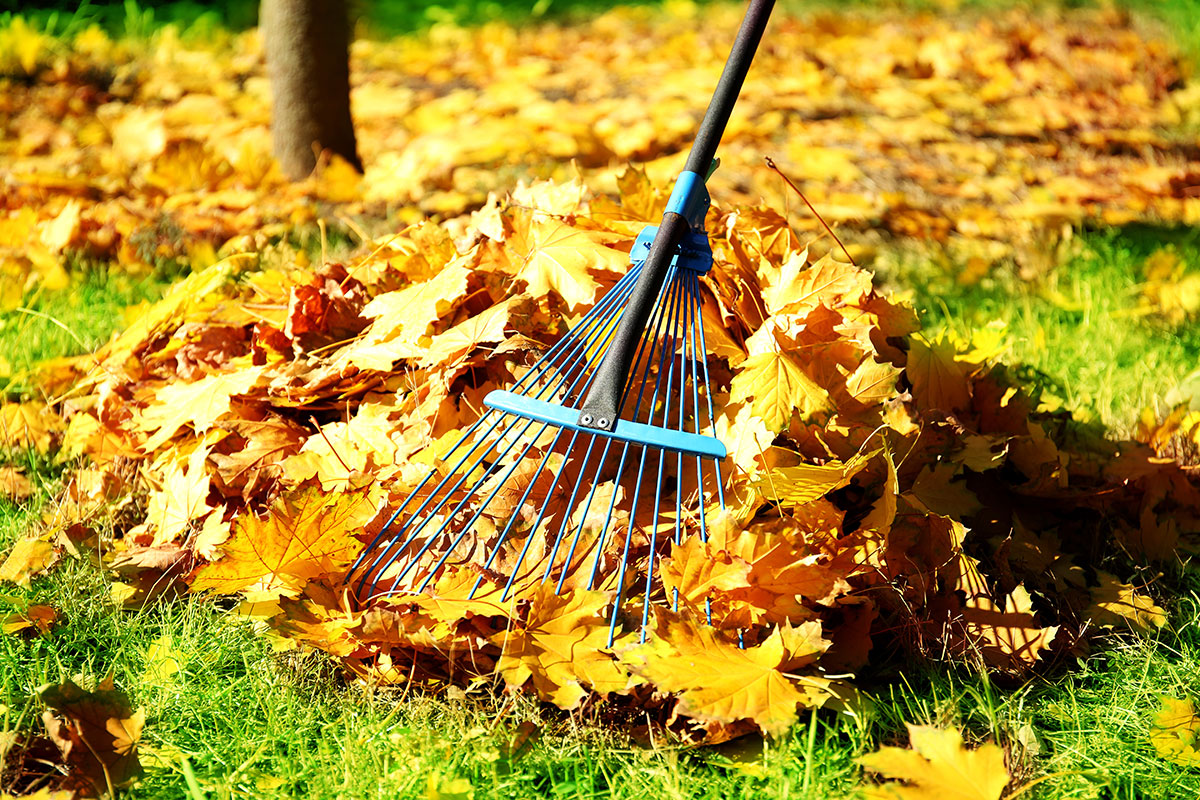
Animals
Make your property unattractive to animals that host ticks by:
- Eliminating bird feeders, bird baths, and salt licks
- Erecting fencing
- Clearing wood, garbage, and leaf piles
- Removing stonewalls that provide homes to wildlife
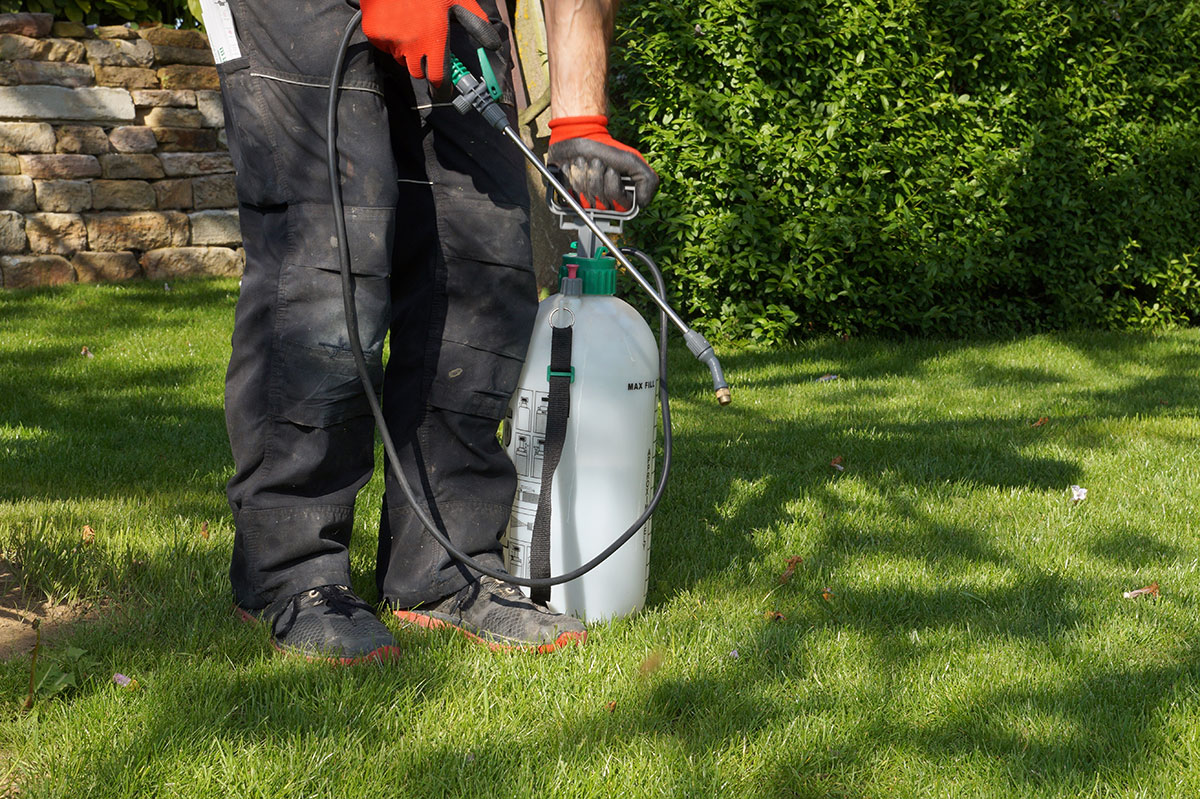
Chemicals
Consult a lawn and garden professional before applying the following to property:
- Cyfluthrin
- Chlorpyrifos
- Carbaryl